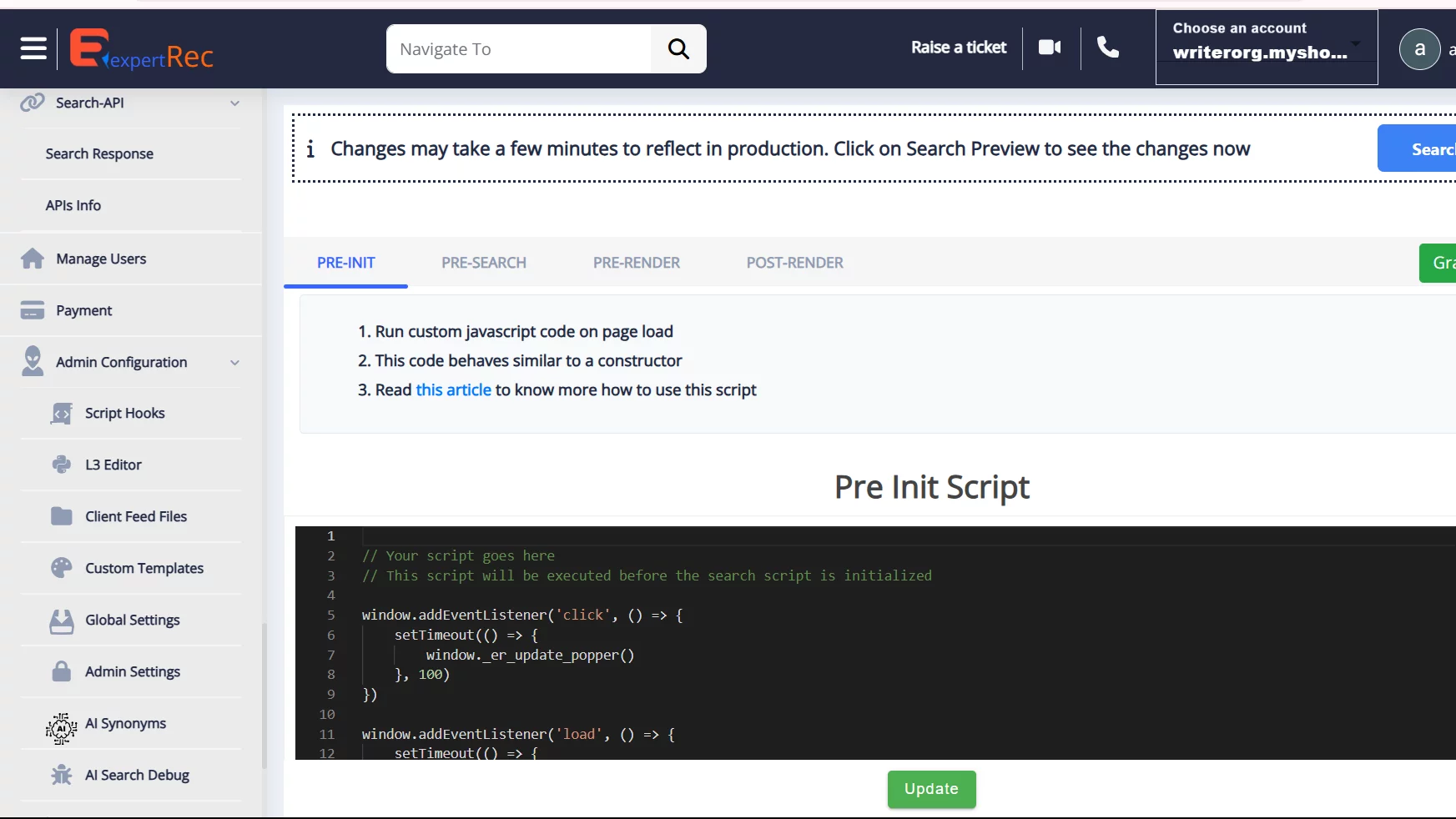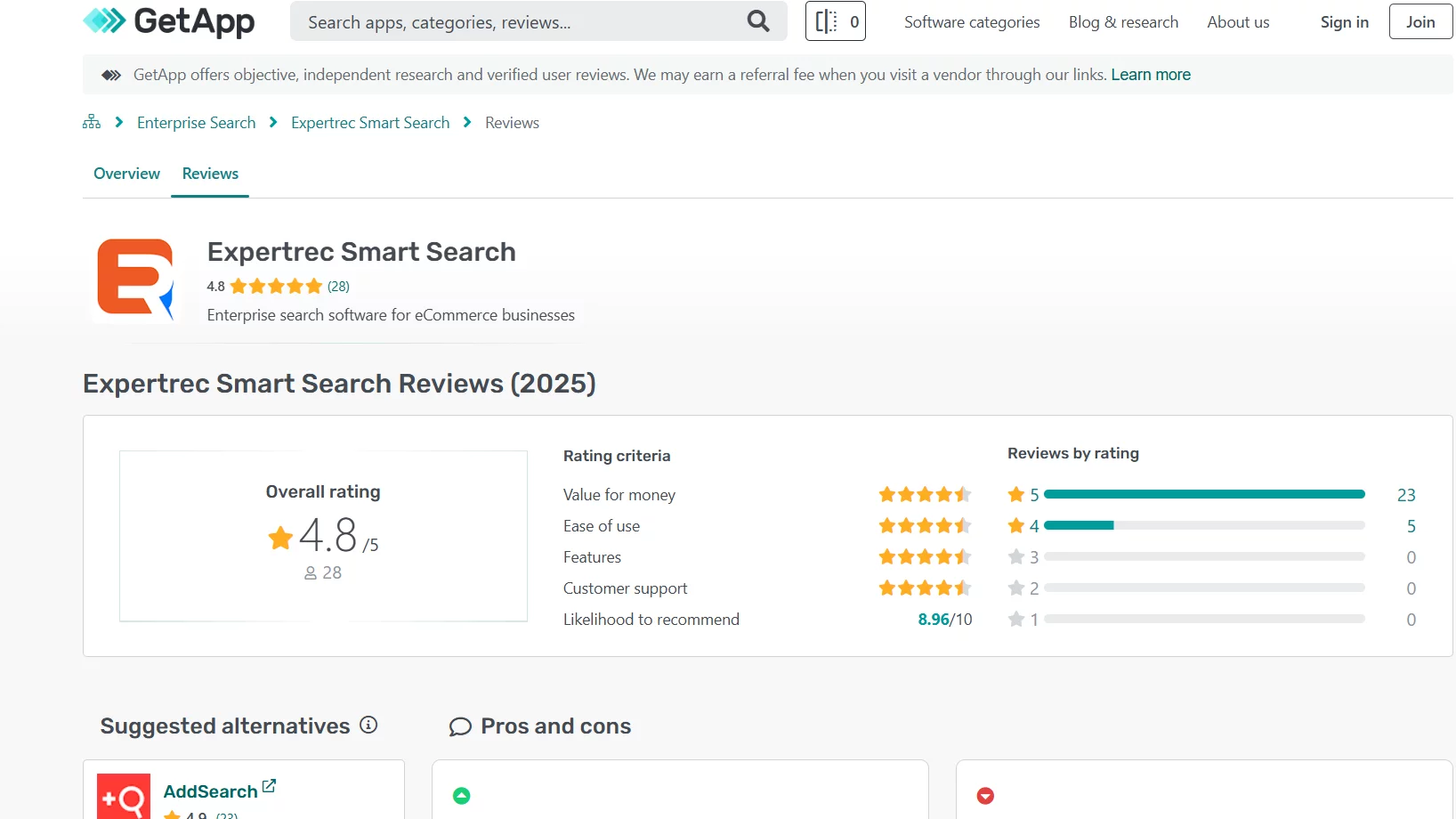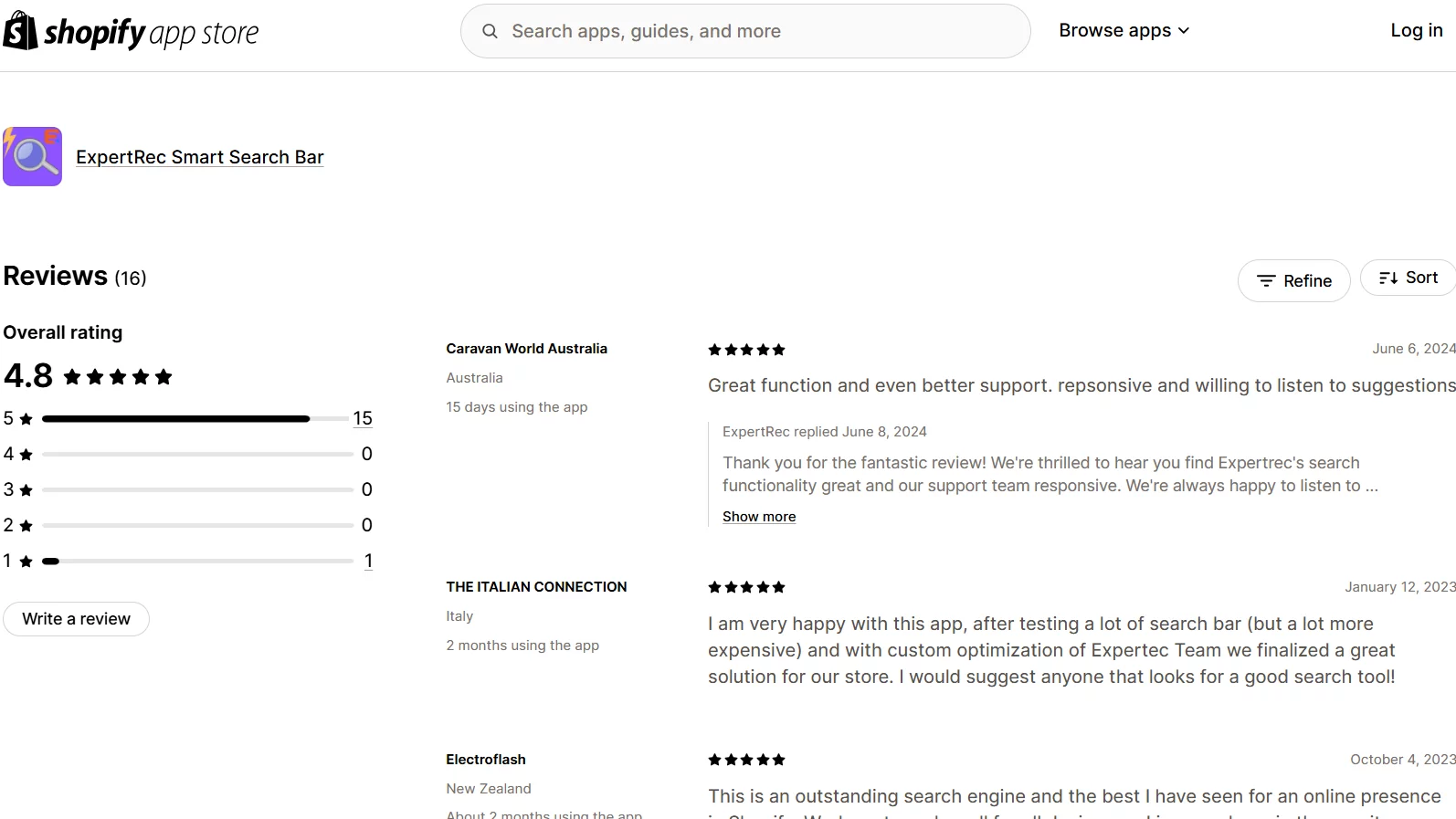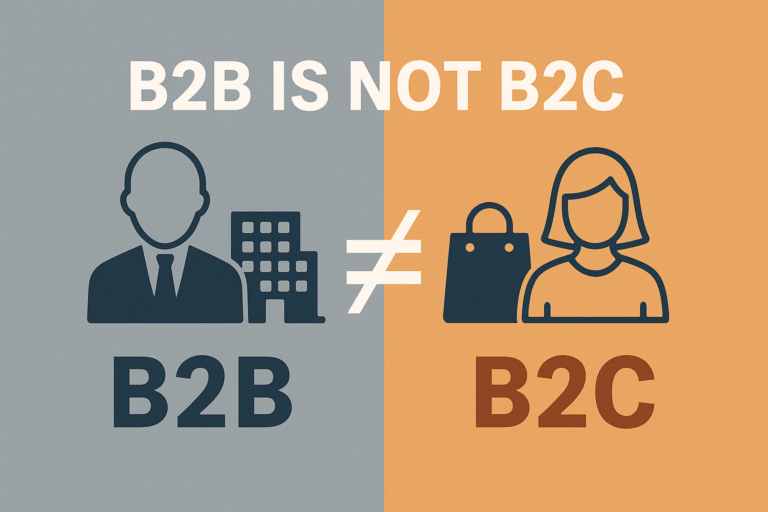When customers use a site search function, their goal is clear: find what they need as quickly as possible. But sometimes, a search query isn’t best served by a list of product results. In such cases, site search redirects can step in to provide a more seamless experience. Site search redirects automatically direct users to a specific page—such as a product category, promotional landing page, or a help article—based on particular keywords or phrases they enter.
For example, if a user types “return policy” into the search bar, rather than returning product listings, a search redirect could take them directly to the store’s return policy page. This kind of experience respects user intent and reduces the number of clicks needed to find relevant information.
Why Site Search Redirects Matter
Search redirects help reduce friction and improve the usability of your site’s search function. Instead of frustrating users with irrelevant or zero-result pages, redirects offer targeted destinations that match the intent behind the query. These redirects not only enhance the customer experience but also create opportunities to guide visitors to strategic pages, boosting conversions, reducing bounce rates, and increasing time spent on site.
Moreover, search redirects support:
- Brand messaging control by routing traffic to curated content.
- Promotional targeting by linking search terms to seasonal campaigns.
- Customer support optimization by pointing users to relevant self-service resources.
When to Use Site Search Redirects
Not every search requires a redirect, but certain patterns justify it:
- Informational Queries: Terms like “shipping info,” “size chart,” or “contact us” benefit from redirecting to dedicated informational pages.
- Campaign-Driven Terms: Queries tied to promotions, like “holiday sale” or “Black Friday deals,” should land users on themed campaign pages.
- High Volume Navigation Terms: Common navigation phrases such as “men’s shoes” or “clearance” might merit redirection if they consistently lead to specific collections.
- Zero-Result Phrases: If certain keywords result in no matches, use redirects to suggest alternatives or guide users to popular categories.
Redirects should be reviewed periodically to ensure they remain relevant and useful as trends and inventory change.
Technical Considerations
A robust site search redirect system must be:
- Fast and responsive: Latency can negatively impact user experience.
- Easy to manage: Merchants should have the ability to configure, add, or remove redirects without needing developer support.
- Scalable: The engine must handle thousands of redirects and prioritize them based on conditions.
- Integrated with analytics: Performance tracking helps refine and improve redirect strategies.
Redirects can be rule-based (if X query, go to Y page) or enhanced with AI to adjust behavior based on user intent, location, or previous interactions.

Enhancing Navigation and Engagement
Search redirects are especially powerful when used as part of a broader navigation strategy. Redirecting queries to curated collections, content hubs, or new product launches can increase engagement and average order value. For instance, typing “eco-friendly” could direct users to a landing page featuring all sustainable products, rather than scattering them across standard search results.
This focused approach not only surfaces the right products but also delivers a brand-aligned, editorialized experience. It tells a story, encourages exploration, and builds brand loyalty.
Improving Mobile and Voice Search Experiences
Site search redirects are especially effective in mobile and voice search contexts. On smaller screens or spoken interfaces, users expect quick, streamlined results. Redirects reduce the need for excessive navigation, making mobile interactions smoother and faster. Voice search users benefit when spoken phrases like “track my order” or “customer care” automatically redirect them to the right place.
Leveraging Search Analytics for Smarter Redirects
Using data from search analytics, merchants can identify queries that frequently lead to poor outcomes—such as high bounce rates or no results. This insight can drive smarter redirect strategies. For example, if users often search for a discontinued product, a redirect can take them to a related alternative or a special offer page instead.
Role of Site Search Redirects in SEO
When implemented correctly, site search redirects can complement your SEO efforts. Although internal redirects don’t directly influence search engine rankings, they help reduce pogo-sticking behavior (users bouncing quickly from a page) and improve engagement metrics—factors that can have indirect SEO benefits.
By funneling traffic to optimized landing pages, redirects can ensure more users reach content that’s structured and keyword-rich, increasing the likelihood of better on-site performance and lower bounce rates.
Why ExpertRec is the Smarter Choice for Site Search Redirects
ExpertRec’s site search solution includes intelligent redirect capabilities that allow merchants to create dynamic, rules-based or AI-powered redirection flows. Its dashboard makes it easy to configure redirects based on user queries, traffic trends, or campaign schedules—all without coding.
With ExpertRec:
- You can automatically detect zero-result queries and set helpful redirect paths.
- Create time-bound redirects for campaigns and sales.
- Guide users to educational pages for service-related queries.
- Use analytics to evaluate redirect performance and refine user journeys.
This blend of automation and control empowers eCommerce teams to deliver highly personalized and frictionless search experiences that turn intent into action.


Conclusion
Site search redirects are an underrated but powerful tool in improving the eCommerce experience. They allow you to align user intent with strategic outcomes—guiding shoppers toward the right content, saving time, and boosting engagement. With ExpertRec, setting up intelligent redirects becomes intuitive and impactful, giving merchants complete control over the customer journey. For businesses looking to increase conversion rates while simplifying the path to purchase, site search redirects are essential—and ExpertRec delivers them with speed, intelligence, and ease.
Frequently Asked Questions (FAQs)
It’s a rule or feature that automatically routes specific search queries to designated landing pages, improving relevance and user experience.
How do redirects improve conversions?
By guiding users to the right pages instantly, they reduce search friction and improve the chances of completing a purchase or desired action.
When should I use a redirect instead of standard search results?
Use redirects for informational, navigational, promotional, or zero-result queries where curated content is more helpful than a product list.
Do redirects affect site speed?
Properly configured, they are virtually instantaneous and enhance user experience by reducing steps in navigation.
Can I set up redirects without coding?
Yes. Platforms like ExpertRec offer no-code dashboards where you can easily manage and track redirect rules.
How do I know which keywords need redirects?
Use search analytics to identify frequent queries, zero-result terms, or patterns that align with business goals or campaigns.
Will redirects work on mobile devices?
Absolutely. Mobile search benefits greatly from redirects as they minimize taps and page loads.
Can redirects be temporary?
Yes. Seasonal campaigns, flash sales, or promotions can have redirects that auto-expire based on timing settings.




